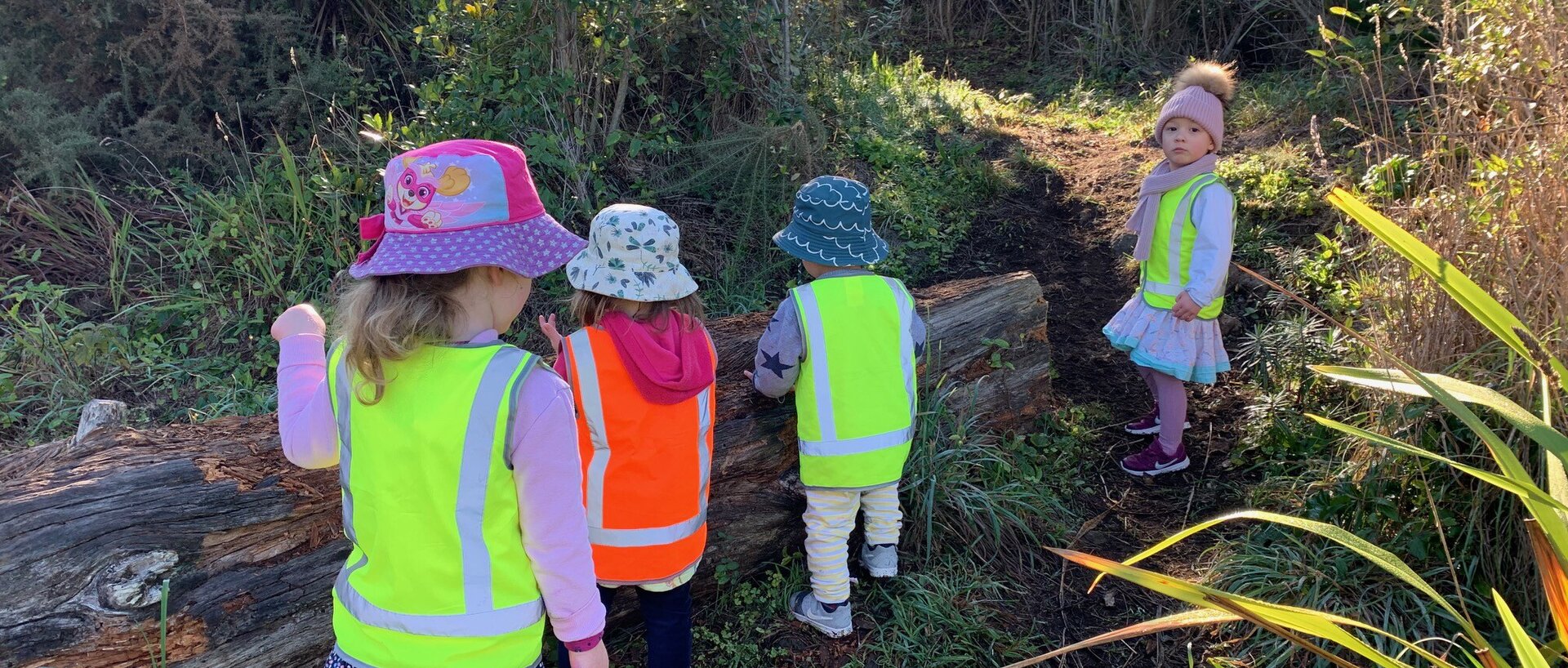At Red Kite, we view children as inspired and capable learners.
What does that mean to you and your child?
Red Kite Preschool follows the Reggio Emilia tradition, based on philosophies from a town in Italy which has become world-famous for its approach to early education.
Because we view children as strong, capable and curious, our teachers work hard to understand what it is that the children are interested in and want to learn. This results in “projects” which can go on for a long time as children continue to discover and explore within a topic that interests them. Last year we celebrated Matariki with art and stories and learning about the solar system. We learned about how planets go around the sun, their names and characteristics and we built a big rocket! We've got a strong interest in Science, Technology, Engineering and Maths (STEM) - see how this applies to pre-schoolers in the section below!
At Red Kite we believe in an attractive, home-like learning environment. Children can spend many hours each week in a childcare centre – it’s important for it to be a pleasant place for them to be. We use natural materials instead of plastic wherever possible, and we plan our environment so that it acts as another teacher.
We place emphasis on allowing children to express themselves in many different ways – “the hundred languages of children”. We encourage our children to create in as many different ways as we (and they) can think of – painting and drawing, singing and dancing, building and making. For more about a typical day at Red Kite, please click here.
There’s lots more to the Reggio Approach – the website below has a good overview.
http://www.aneverydaystory.com/beginners-guide-to-reggio-emilia/main-principles/
Within this setting, there are several aspects to our programme. Because young children learn all the time, from everything they do, these aspects are woven into our everyday activities. See below for more information.

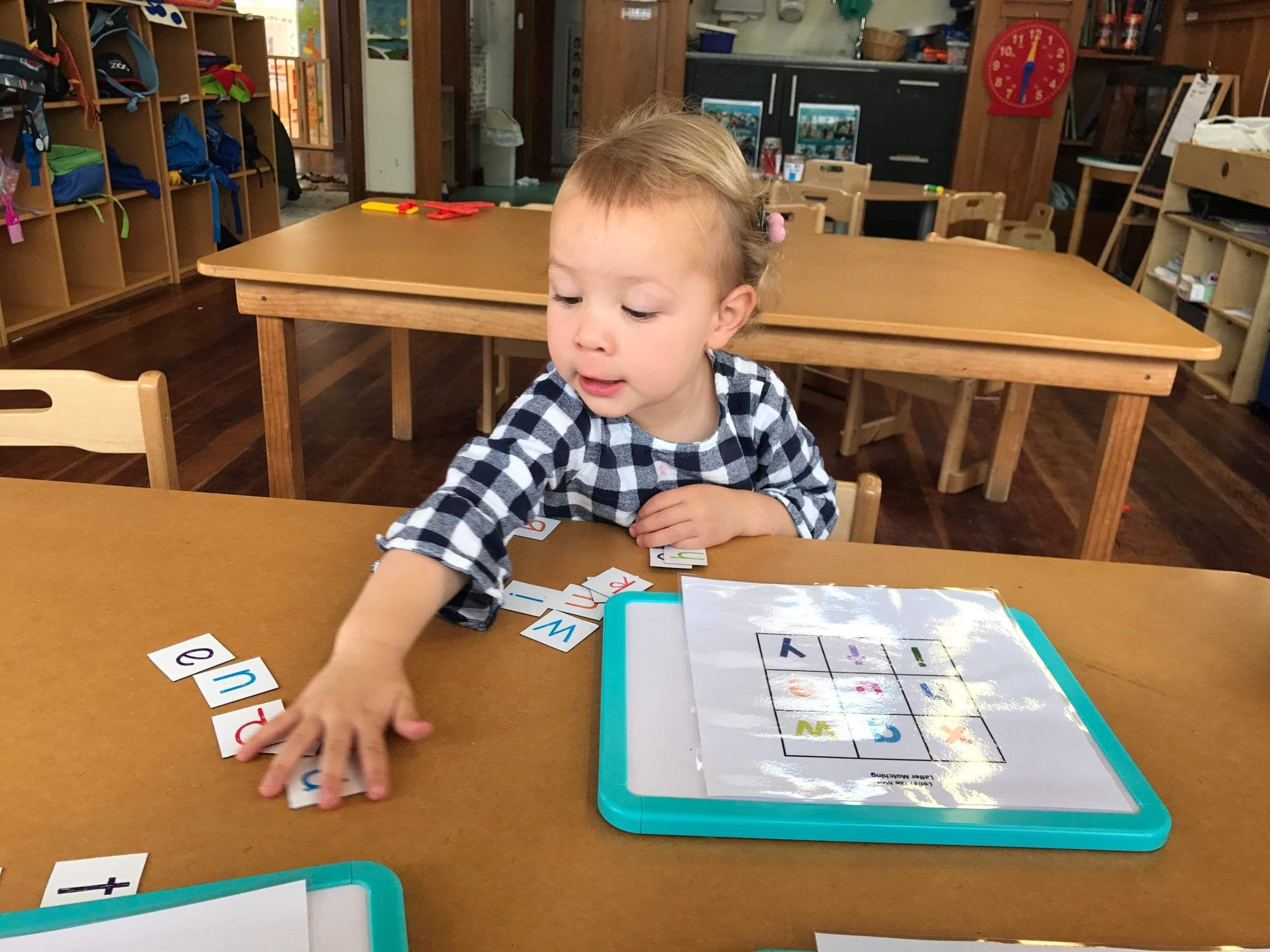
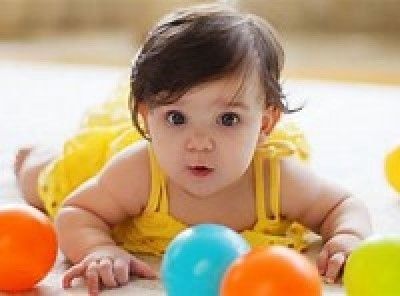
Science, technology, engineering and maths (STEM)
What’s engineering to a four-year-old? It might be getting that block tower just a bit taller. Or it might be figuring out how to make a tunnel in the sand pit that doesn’t collapse. Counting, sorting, thinking about how things work and fiddling and tinkering are all activities we encourage. Some of this happens informally and some in our after-lunch Learning Groups. We also include specific planning for STEM, deciding in advance what concepts we want to teach and what language to use so we are ready for the “teachable moments”.
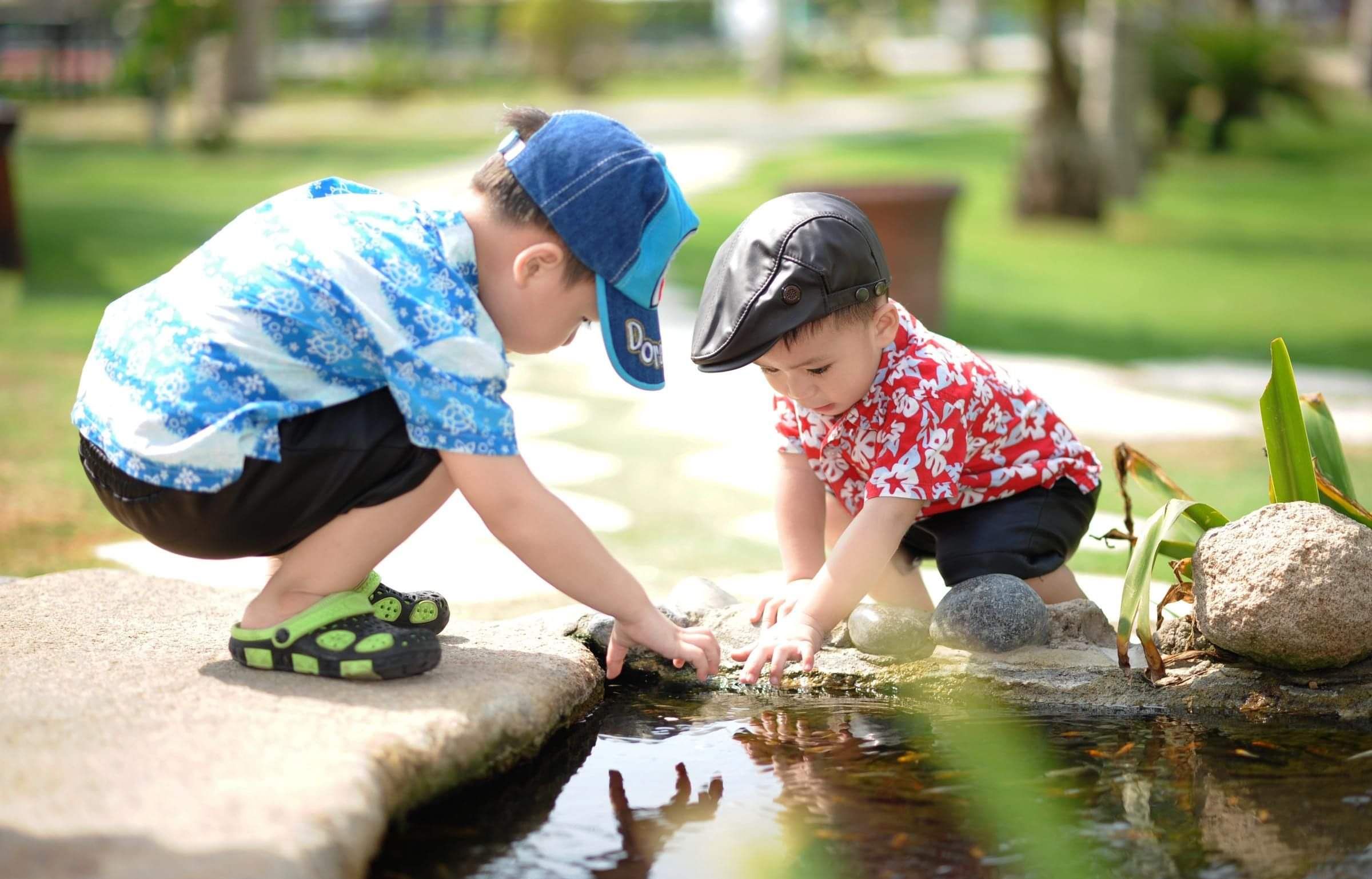

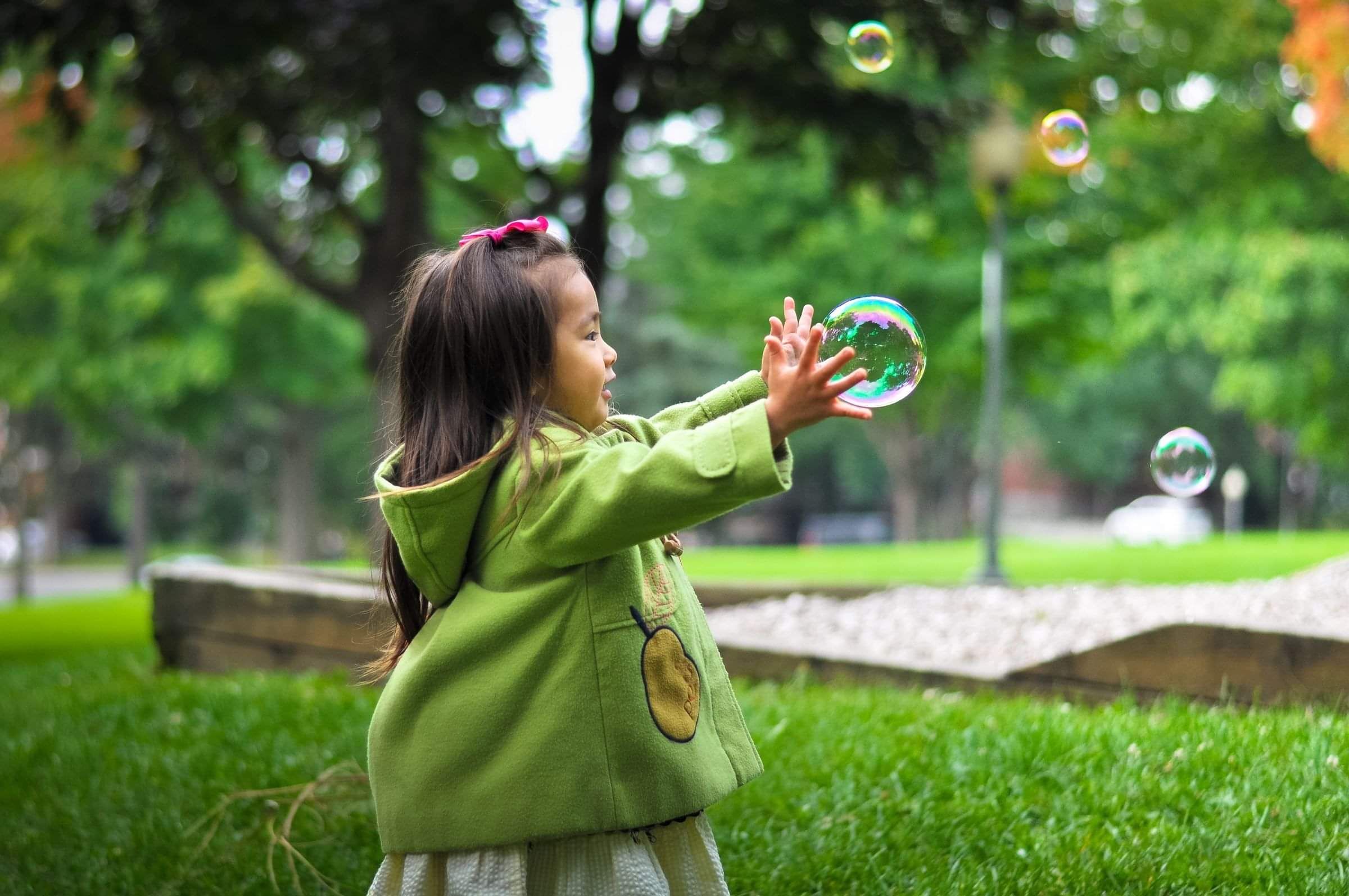
Virtues Project
We all want our children to grow up to be decent human beings, equipped with qualities that enable them to lead happy, productive lives and be successful in their chosen field of work and their personal relationships. The Virtues Project https://virtuesproject.com/ started in Canada and has spread around the world. It provides tools to teach children qualities of character such as kindness, honesty, perseverance and courage. The behaviours encouraged by the Virtues Project are universal, crossing cultural and religious boundaries.
Languages
Childcare centres reflect the nature of the communities they serve. The National Early Childhood Curriculum, Te Whāriki, tells us to ensure that all children grow up knowing they have a place, and that they make a valued contribution to their community. We want our children to grow up as New Zealanders, secure in their own cultural backgrounds and open to those of differing identities. Our families reflect a diverse mixture of nationalities. This early experience of different languages and cultures helps children to grow into tolerant, adaptable people, as well as providing distinct advantages in a multi-cultural New Zealand.
A blend of Eastern and Western cultures also allows us to introduce strengths from both traditions: independence and self-reliance from the Western tradition, with learning, the importance of the community and respect for elders from the East.
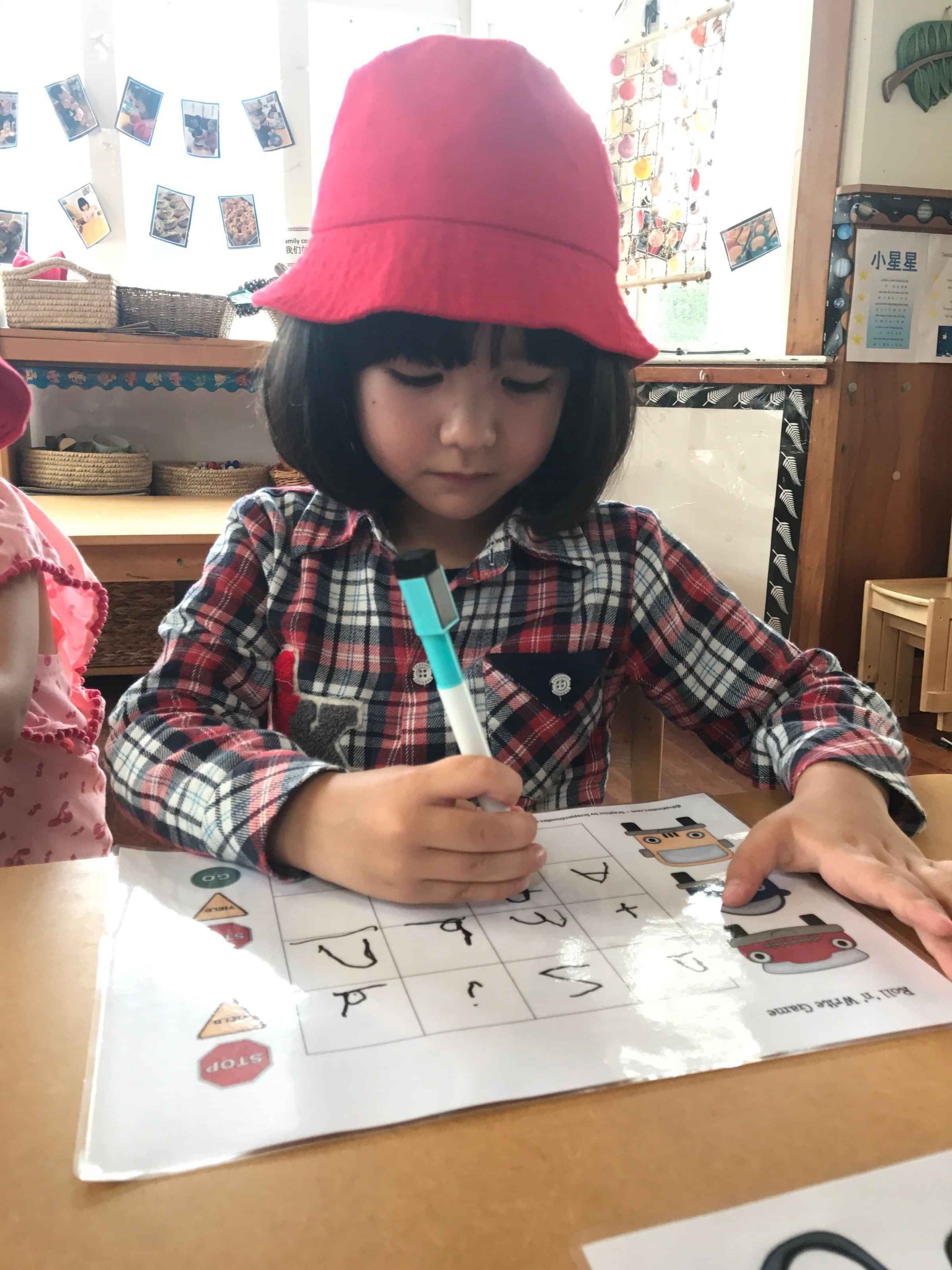
Forest Kindergarten
This is a movement which began in Germany and Scandinavia. Children spend long periods of time in the outdoors with their teachers. They are taught to keep themselves safe as they climb trees, make huts, find bugs, get muddy… Forest Kindergarten takes place with appropriate clothing whatever the weather, and gives urban children the chance to get out in the fresh air and build physical and cognitive skills in a natural setting. Our Forest Kindergarten sessions (we call them "Park Walks") take place at Phyllis Reserve, a ten-minute walk away from the centre. Our preschoolers walk out with plenty of teachers to provide additional support. There is lots of excitement on Park Walk days!
